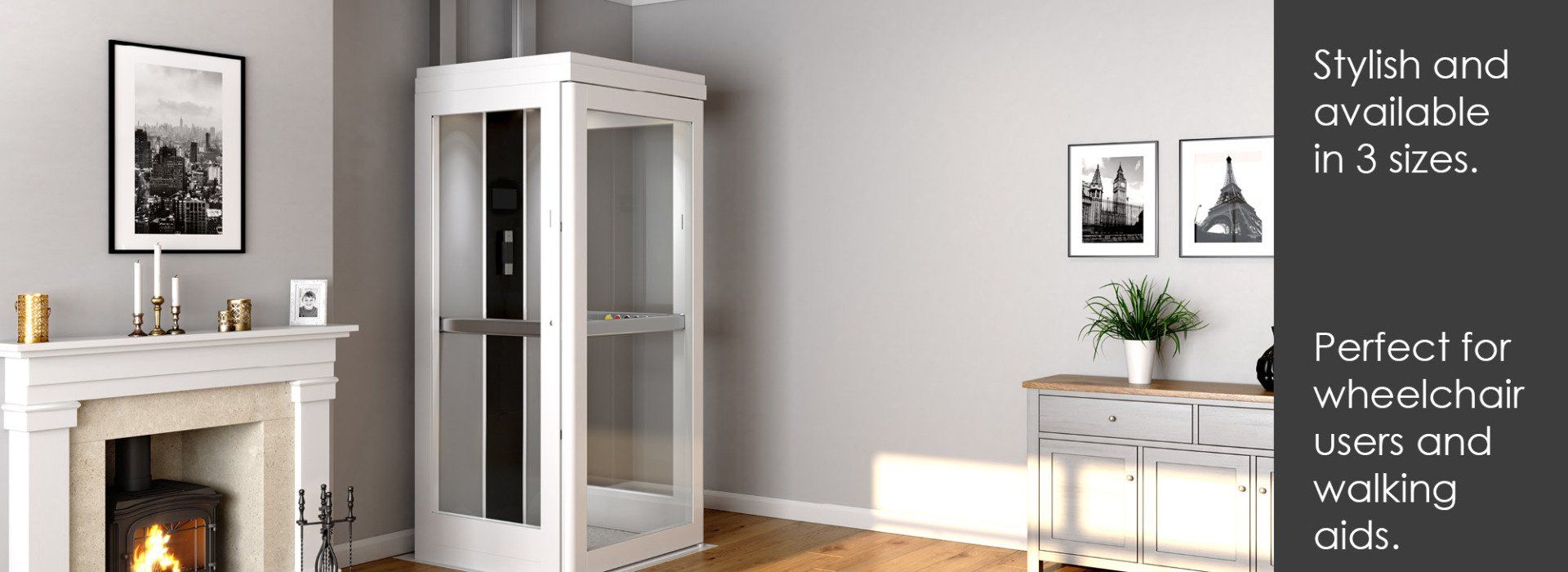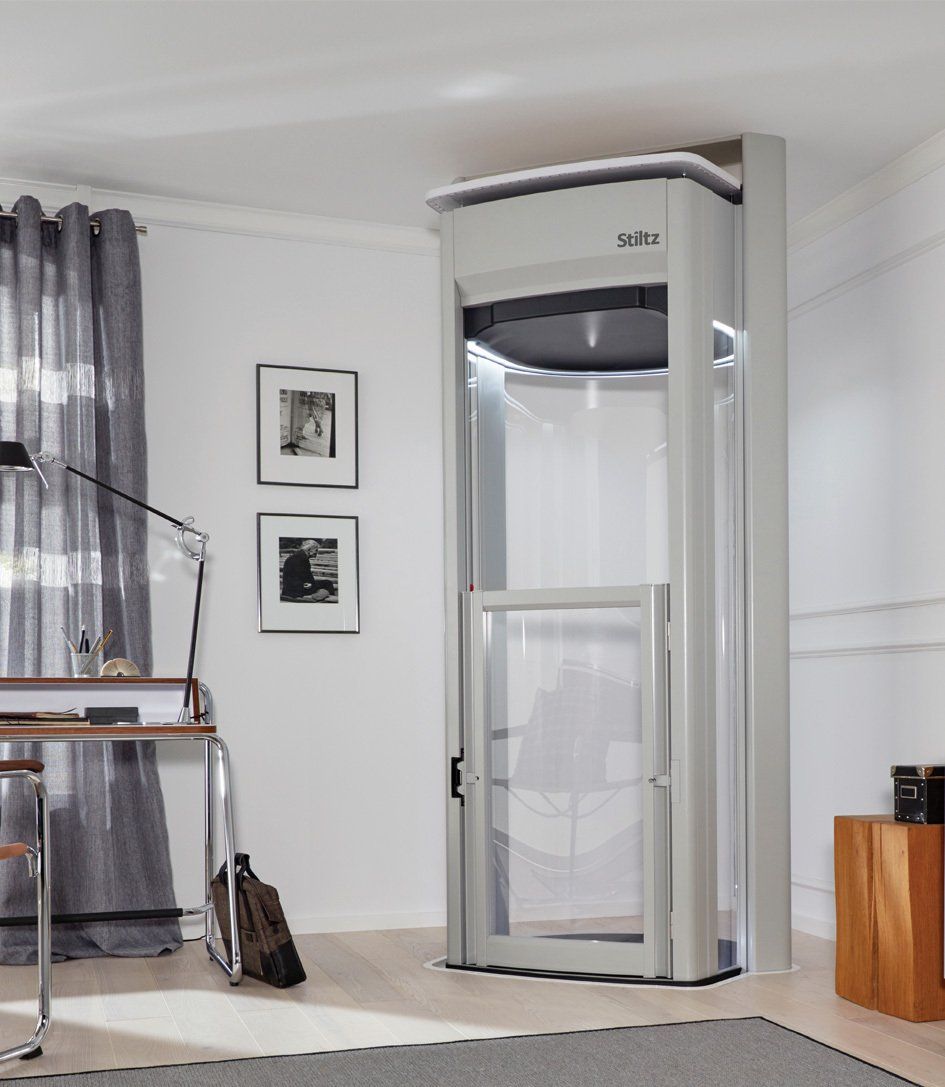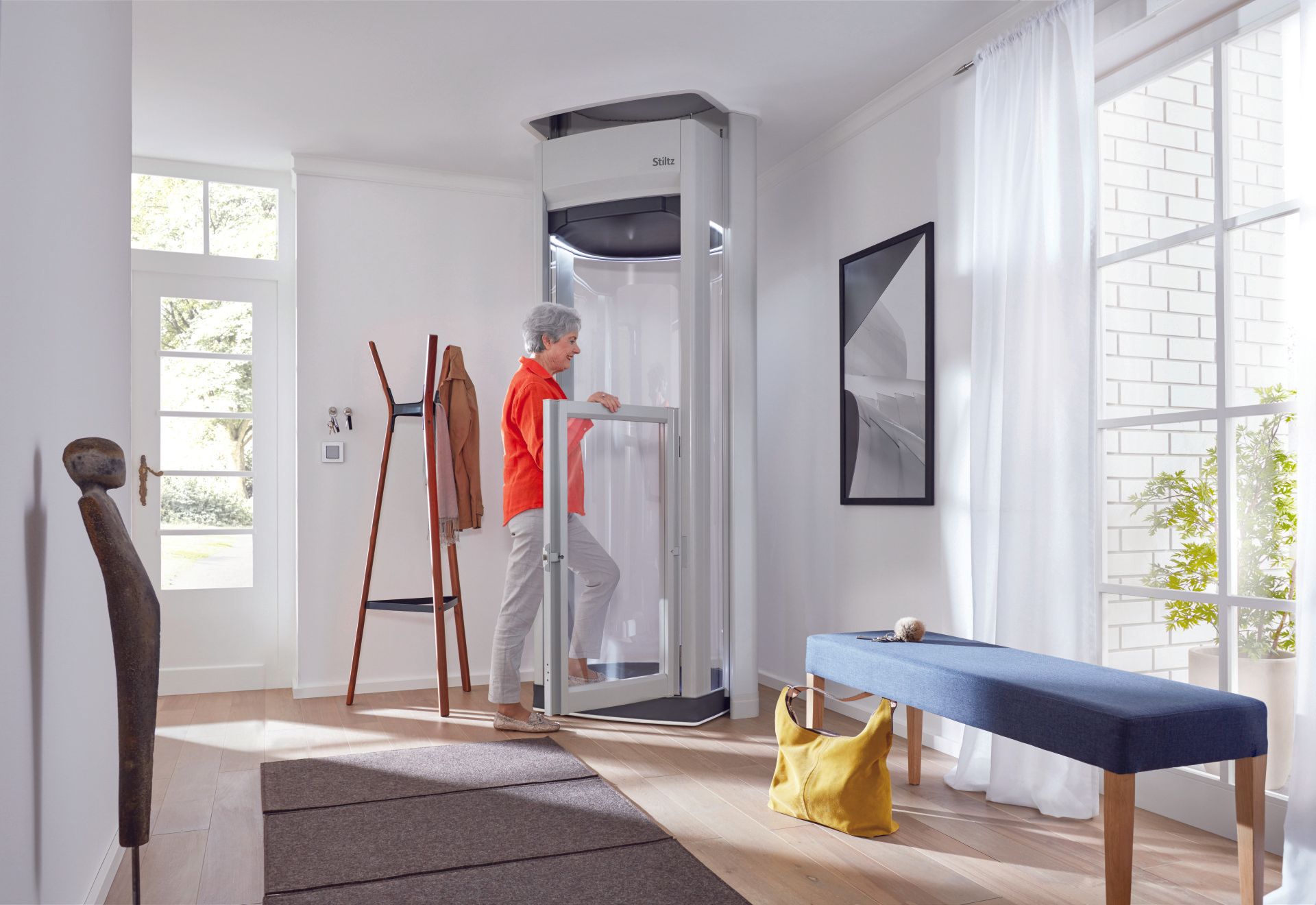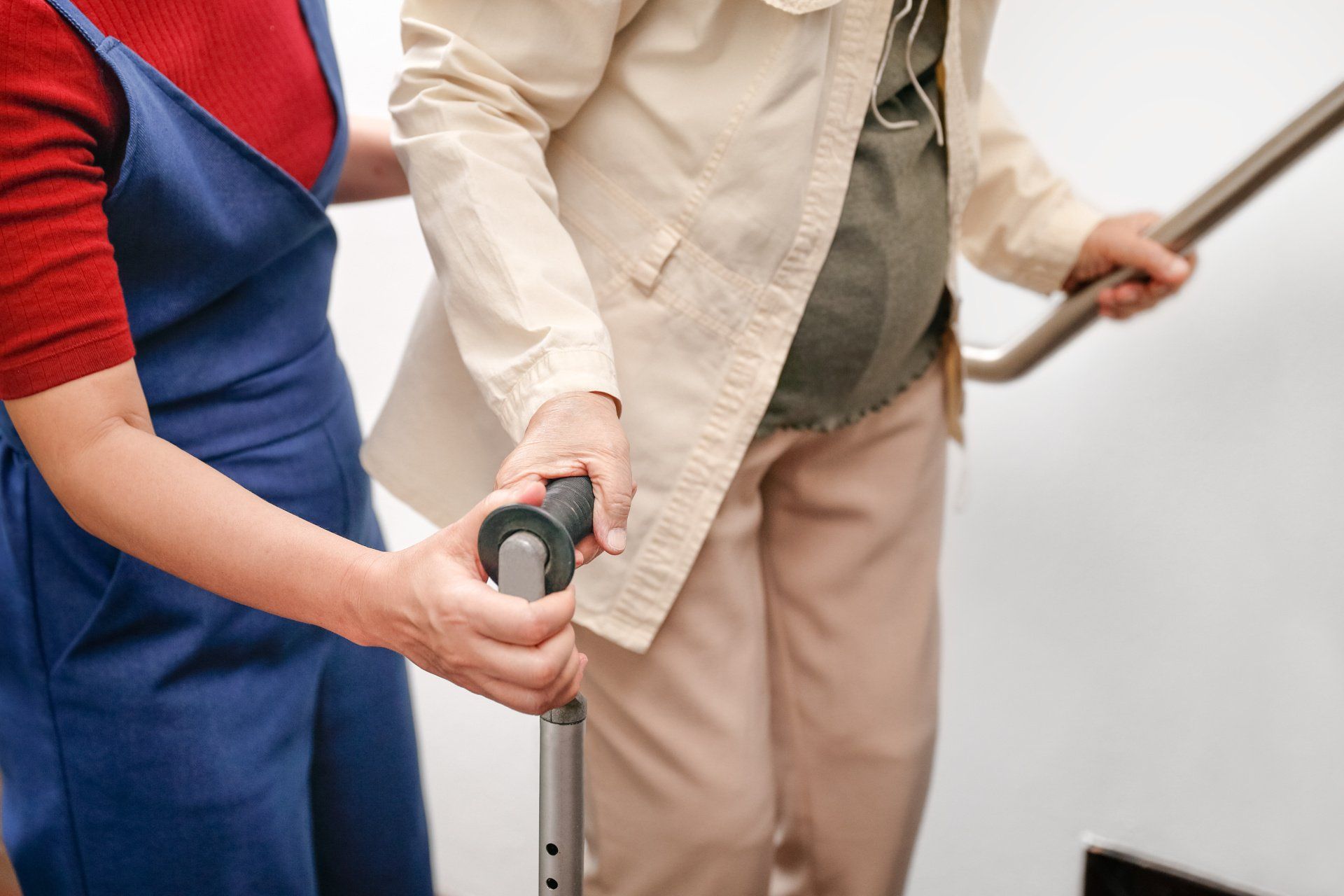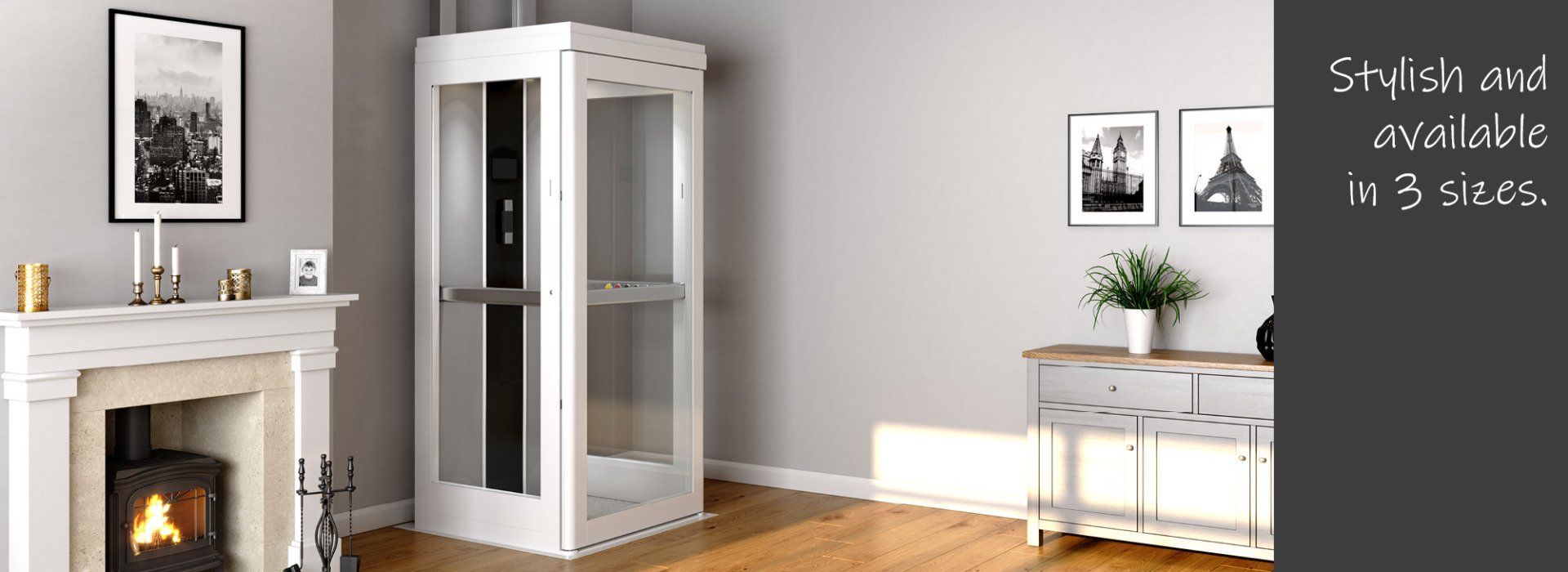Blog Layout
Getting upstairs and Spinal cord injury or SCI
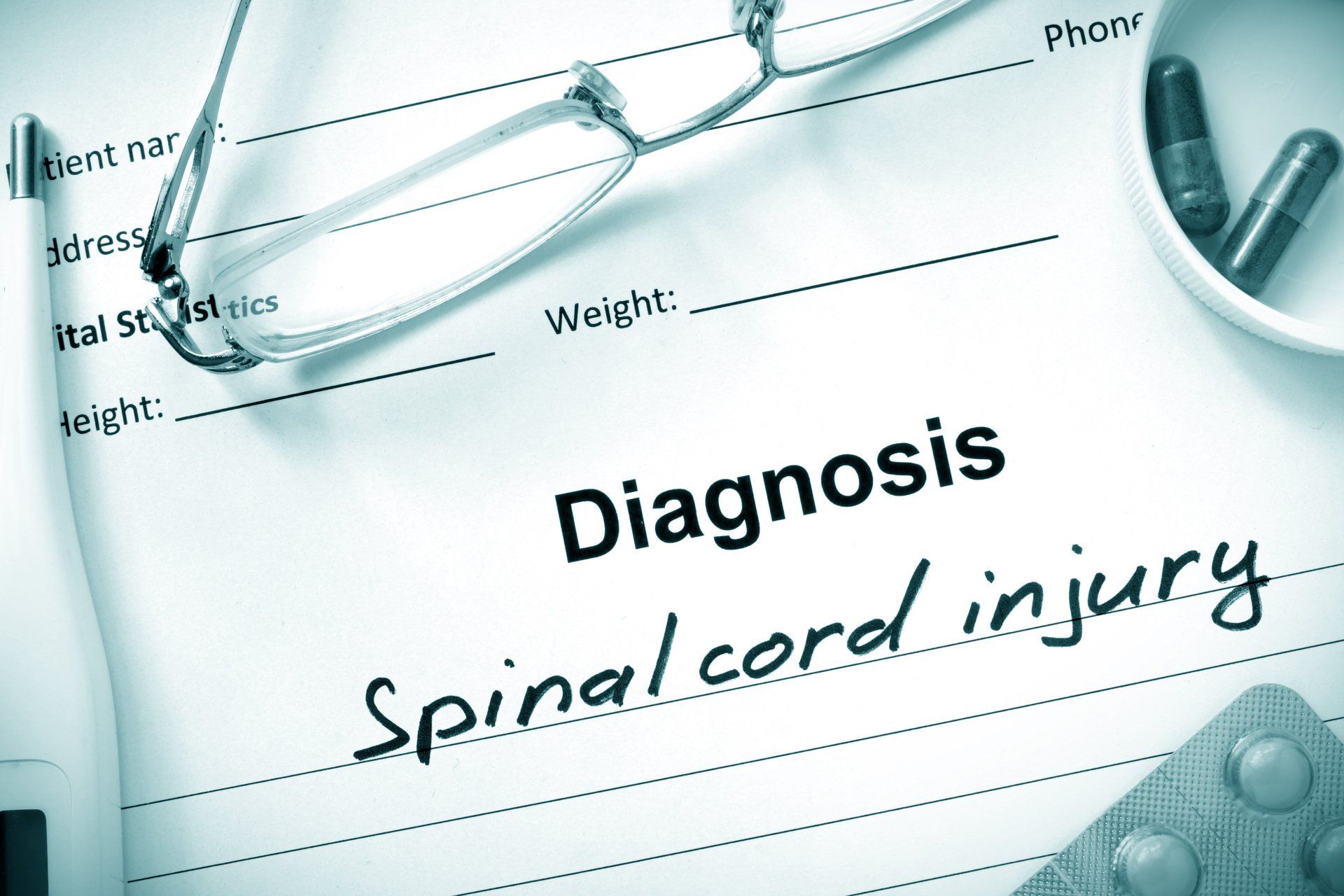
According to the charity Aspire
a shocking fact is SCI paralyses someone every four hours! The number of people being injured or diagnosed each year in the UK with a spinal cord injury is now estimated to be around 2,500 – 35 per week. Sadly, in the UK it is now estimated that there are around 50,000 people living with a spinal cord injury.
How do you get a spinal cord injury?
Many things can cause a SCI. The more common injuries occur when the area of the spine or neck is bent or compressed, as in the following:
• Falls
• Motor vehicle accidents (automobiles, motorcycles, and being struck as a pedestrian)
• Sports injuries
• Diving accidents
• Trampoline accidents
• Violence (gunshot or stab wounds)
• Infections that form an abscess on the spinal cord
• Birth injuries, which typically affect the spinal cord in the neck area
Living with SCI
Depending on the severity of a spinal cord injury, some people may find themselves unable to walk again. In situations like these, it is advised to work with a variety of medical professionals to regain the ability to walk or gain some mobility safely.
Damage lower down on the spine can cause paralysis of the legs and lower body (paraplegia). Bowel and bladder control can be affected no matter where the spinal cord is injured.
Changes and modifications to the home for SCI patients:
Having a spinal cord injury means that your mobility has changed. Because of this, your home may need some changes. It will need to be set up in a way that allows you to do your day to day activities, such as personal/hygiene care. Home modification can mean small changes, like new door handles that are easier to turn. Or it may mean larger changes, such as installing a home elevator. You will need to think about how to adapt your home to best suit your needs and help you live a fulfilling life.
If needed, your local care team may visit your home to observe, measure, and help determine what areas are needed to be modified. Some of these may include:
• Putting down non-skid surface materials
• Widening doors and hallways
• Changing heights of outlets, storage, and counters
• Adapting the bathroom to allow for easier toileting and bathing
• Adapting the bedroom for easier access to the bed
• Adjusting or changing appliances so they work with your needs
• Organization of space to allow for a wheelchair to move safely
Here at Bespoke Homelifts
we have and continue to help many people living with all reduced mobility so they regain independence in their own home. We have a specialised range of easy access wheelchair friendly home lifts. Our home surveyors can help design, plan and arrange installation the most suitable home lift that will transform your home.
Benefits of a home lift
with Spinal Cord Injury
Living in an adapted home is crucial not only for your health and safety for also for your mental well-being. The benefit of installing a home lift means increase in physical activities as you can move freely between floors of your home. Our Trio Homelift Range is designed to safely accommodate a wheelchair user. It can be installed discreetly and virtually anywhere in the home. The home lift can also benefit family, carers and visitors.
Often, stair lifts are specified
for those needing to move between the floors in their home. This is not a safe or practical solution for wheelchair users. Transferring between a wheelchair and stair lift, especially at the top of the stairs without assistance is not only daunting but can be very unsafe. Not to mention an impractical two wheelchairs will be needed – one upstairs and one downstairs – and the stair lift itself will also encroach on the stairs creating a trip hazard.
Grants Available for your home lift?
If you have a disability that requires you to make changes to your home because of a chronic illness like a spinal cord injury, it’s possible to get a grant from your local council to cover some or all of the work needed. A Disabled Facilities Grant (DFG). This is specifically to allow for improved access to floors and rooms and to make it more suitable for your needs. As part of this grant, the purchase and installation of a Bespoke homelift can either be fully or partially funded. To apply for a Disabled Facilities Grant simply visit: www.gov.uk/disabled-facilities-grants.
Or please read our guide to grants available for a home lift here.
If
you would like advice about a home lift or maybe you would like to arrange a home survey with a local Bespoke Homelift representative, then please call our team between 9am – 5pm, Monday to Friday on 0800 023 4348 or email us for a brochure here.
Uselful links:
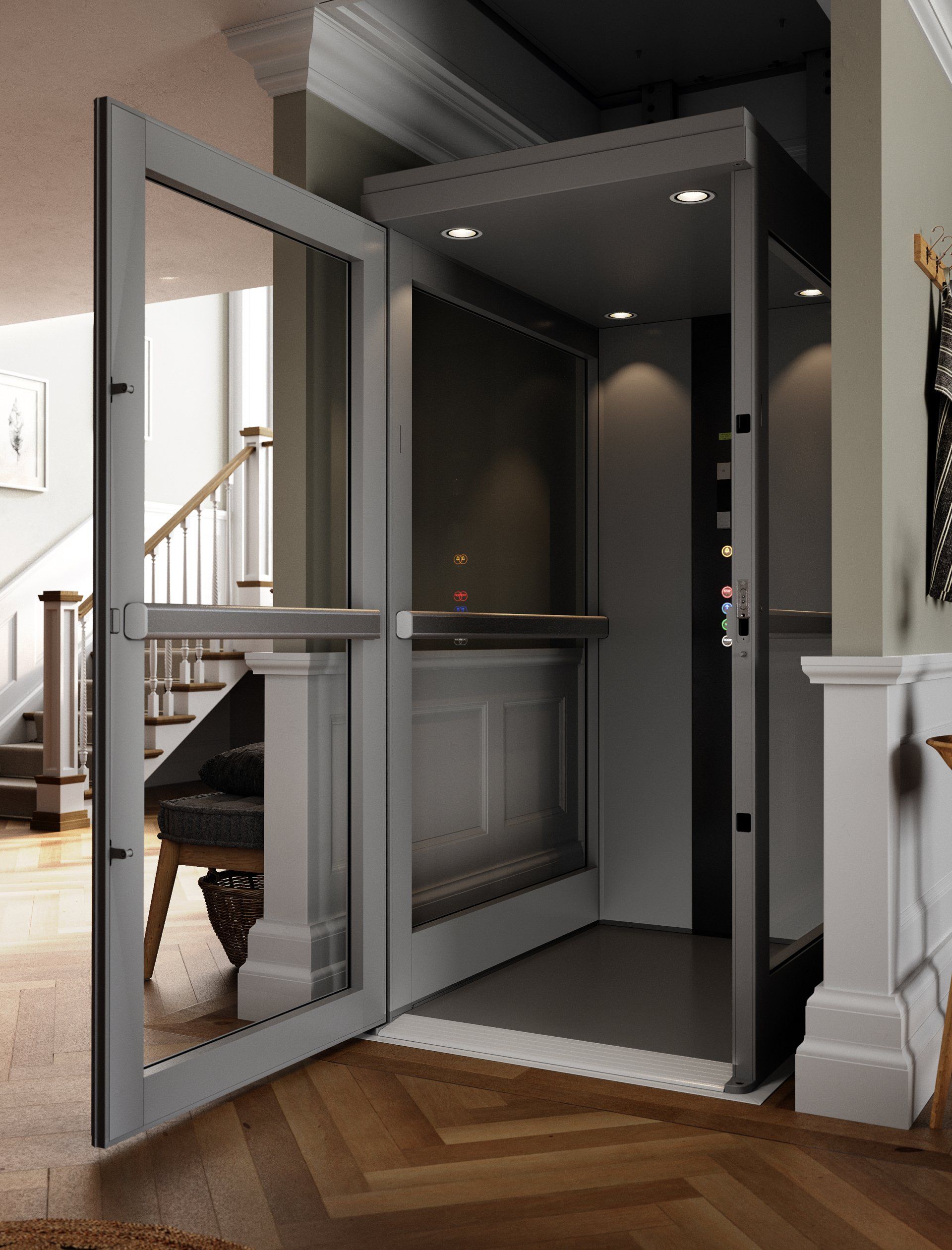
22 February 2022
Why are home lifts the new “must-have” feature in your home So, What Is A Home Lift? Home lifts are designed and installed to accommodate any location in your home. They help future proof your home and allow easy access of up to three floors in the home, so those who struggle with moving around the house no longer need to struggle with their mobility anymore. There are a number of designs, shapes, sizes and even colours for our home lifts which are all fitted to the relevant safety standards. Our home lifts are designed to be compact, quiet and easy to operate. See our range here. Latest Technology Homelifts are so forward thinking they come with some great technology, it is easy to use and optional. Like the voice control to move between floors (warning you may feel like Iron Man in the lift). Our lifts come with some excellent safety features. Like the sensors and back up battery power in case of power cuts. They also can be adapted with in car telephones, and lighting. Adding Some Style To Your Home Installing a Bespoke Homelift can make your home feel much more sophisticated and classier. There are countless different designs that you can choose from, and also customise yourself. This means that you can install a home lift that looks completely unique and compliments the aesthetic of your home. The lift can be made a centrepiece of your home, or it can even be discrete and out of the way. Who has a Homelift in their Home? Once you have a home lift installed, you will wonder how you ever managed without one! There are many reasons why people need or like a homelift: Mobility issues that make using the stairs difficult The elderly who wish to remain in their own home and still want the freedom of their home Disabled wheelchair users Residents who require walking aids or carers to travel with them between floors Some homeowners choose them for ease of moving between up to three floors People who want to future proof their home, planning now and the future Dog owners - yes believe it or not we have customers who install a homelift to also help their ageing dog get upstairs Savvy tech home investors - Let's be honest it's a bit of a wow factor to any home Increase In Property Value One benefit when it comes to installing a home lift is that it could add value to your property, so a home lift could be a great investment. Depending on the type of lift you install will vary this impact. Having a unique feature such as a home lift in your house will without a doubt help your property stand out from the crowd when it’s on the market. We have all heard the familiar with the term “an ageing population” so future-proofing your home may also give you an edge in the negotiating process. If you would like just advice about a home lift or maybe you would like to arrange a free home survey with a local Bespoke Homelift representative, then please call our team between 9am – 5pm, Monday to Friday on 0800 023 4348 or email us for a brochure here.
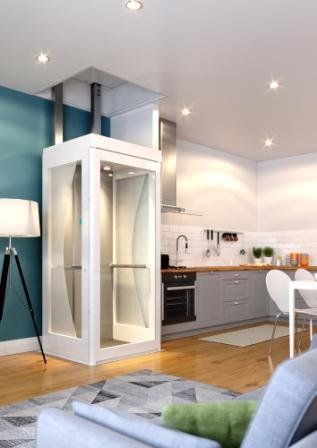
13 January 2022
Everybody is familiar with the commercial lifts we find in public shopping centres, carparks, and business buildings. A home lift fulfils the same purpose — transporting a person or people from one floor of a building to another — but it is designed specifically for a private residence, so it is smaller, quieter and can be adapted almost anywhere in the home. Might not cost as much as you think either. Whatever the size of your home or your reasons for investing in a home lift, we have the perfect design for you. With a wide range of sizes and styles available, we can help provide the best home lift that meets your needs . If you are reading this article, you will have your own reasons for considering installing a domestic lift. Doing so can deliver many benefits like below: Add aesthetically pleasing mobility solution for the home, that does not block your staircase for other users — home lifts are compact with a sleek design that will complement your home and provide a very practical solution. They can come with seats, in car phones and can even be voice controlled. "Beam me up" Future proof your property — you can continue to enjoy your home if your needs change or you become less mobile or need help moving items around the home and some home lifts can carry up to 3 people, wheelchair users and carers. Avoid expensive home adaptations — if you or a member of the household can no longer access the stairs or outside steps with ease, a lift provides a simple solution. The home lifts can travel between 3 floors, perfect for those loft rooms. Add value to your property — our home lifts add a high-end, must-have feature that will appeal to a wide range of buyers, from older couples to busy families. Transport cumbersome or heavy items — depending on the design you choose, your lift can provide a handy way of transporting bags, laundry or the vacuum cleaner, and yes even the dog! Grants Available for your home lift? If you have a disability that requires you to make changes to your home because of a chronic illness, it’s possible to get a grant from your local council to cover some or all of the work needed. A Disabled Facilities Grant (DFG). This is specifically to allow for improved access to floors and rooms and to make it more suitable for your needs. As part of this grant, the purchase and installation of a Bespoke homelift can either be fully or partially funded. To apply for a Disabled Facilities Grant simply visit: www.gov.uk/disabled-facilities-grants . Or please read our guide to grants available for a home lift here. If you would like just advice about a home lift or maybe you would like to arrange a free home survey with a local Bespoke Homelift representative, then please call our team between 9am – 5pm, Monday to Friday on 0800 023 4348 or email us for a brochure here.

